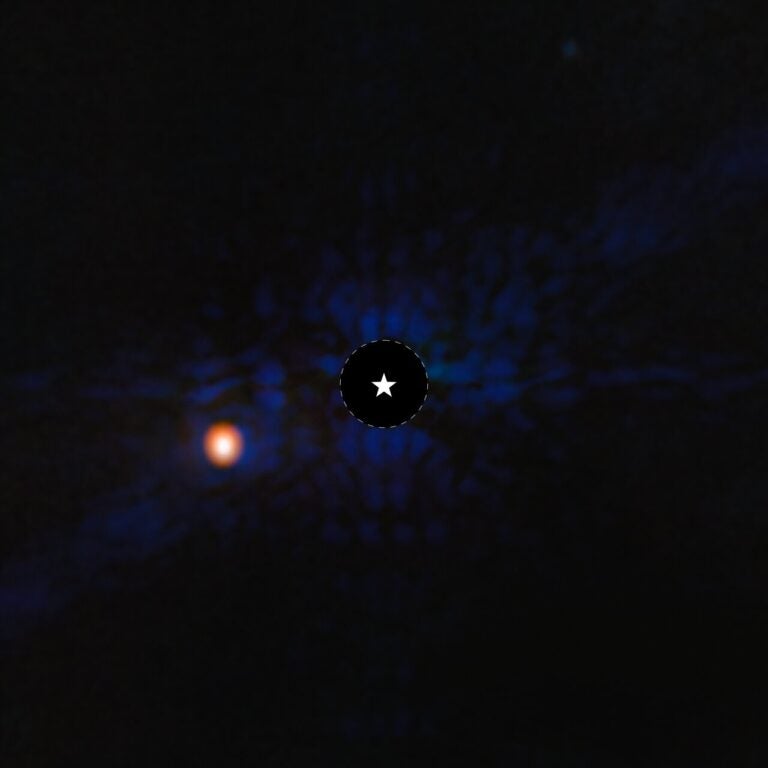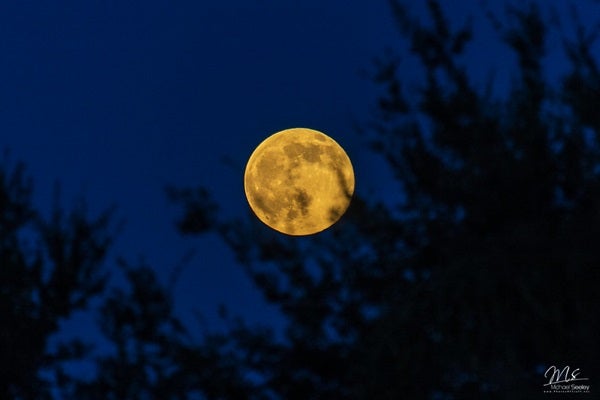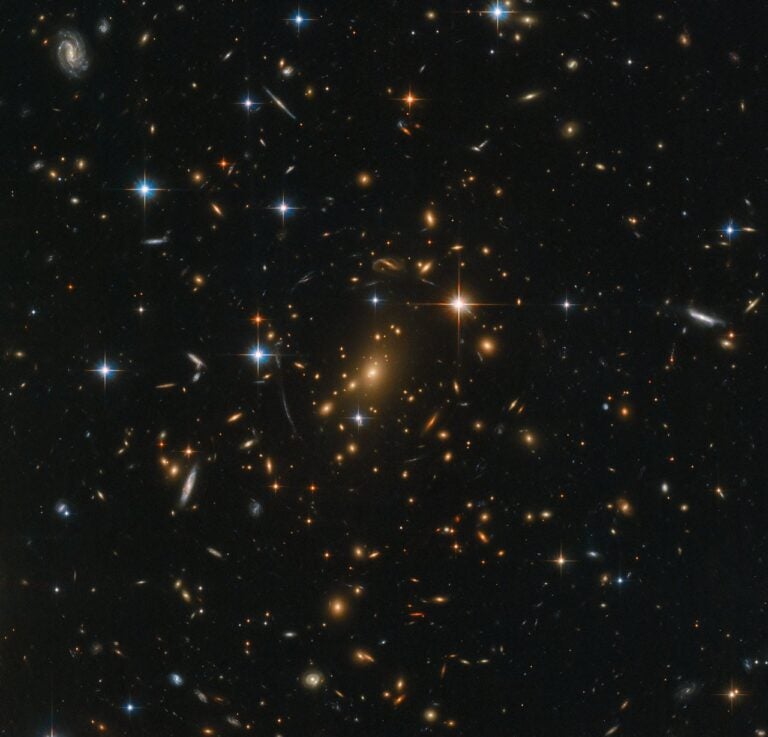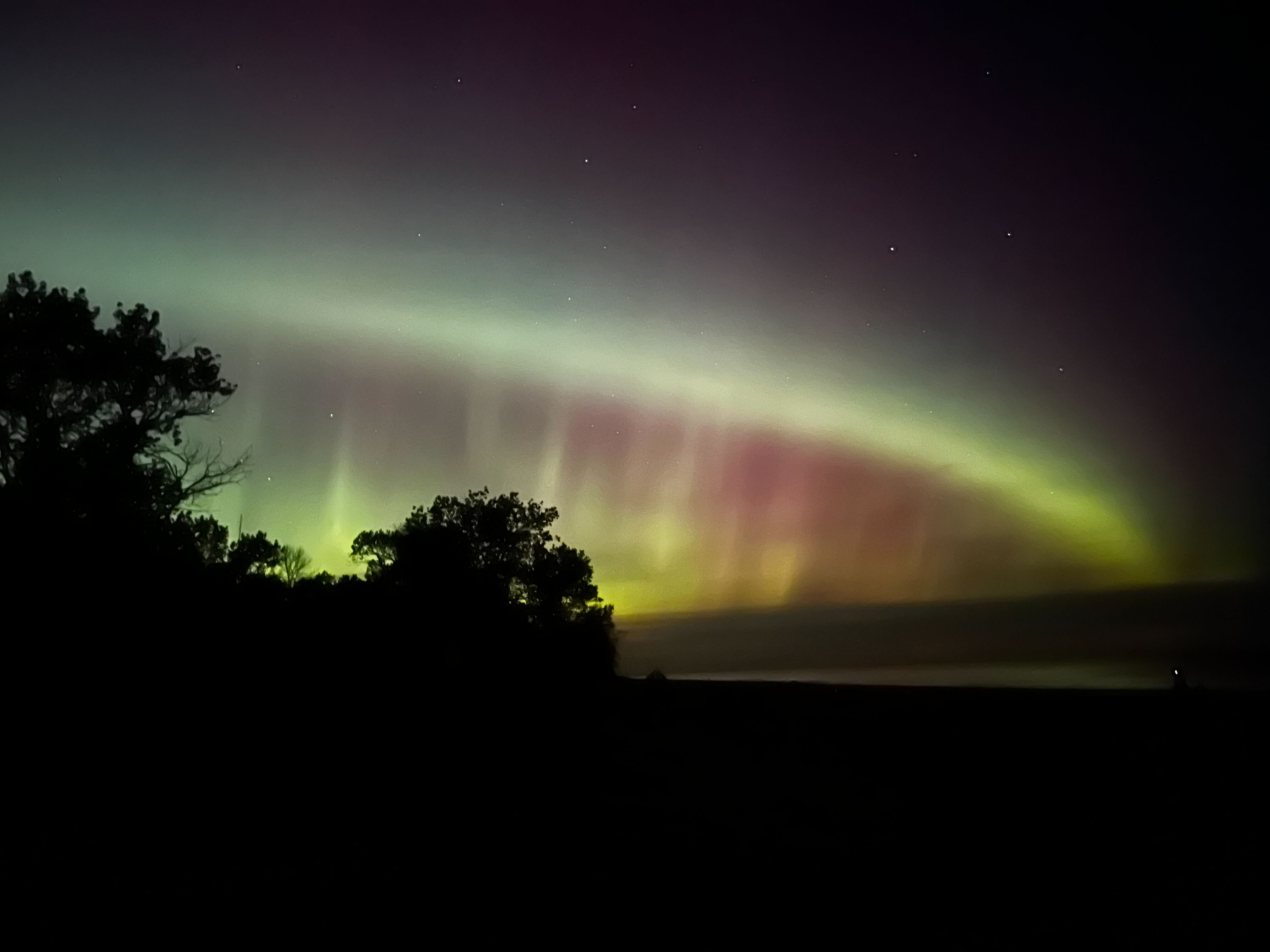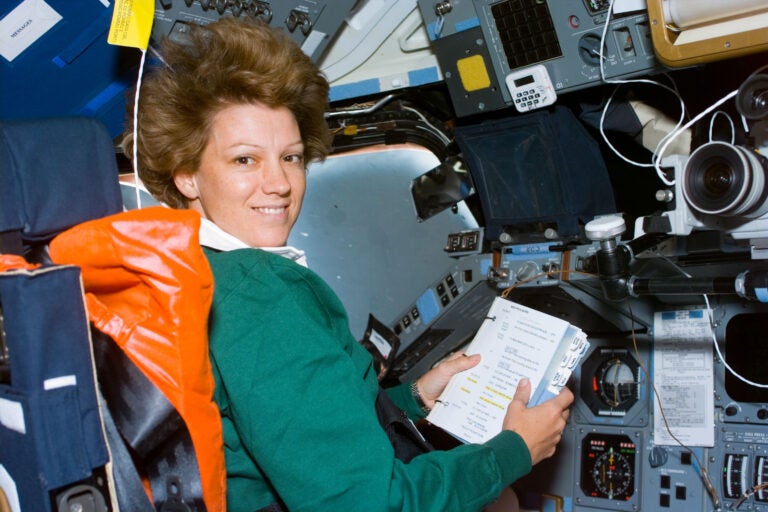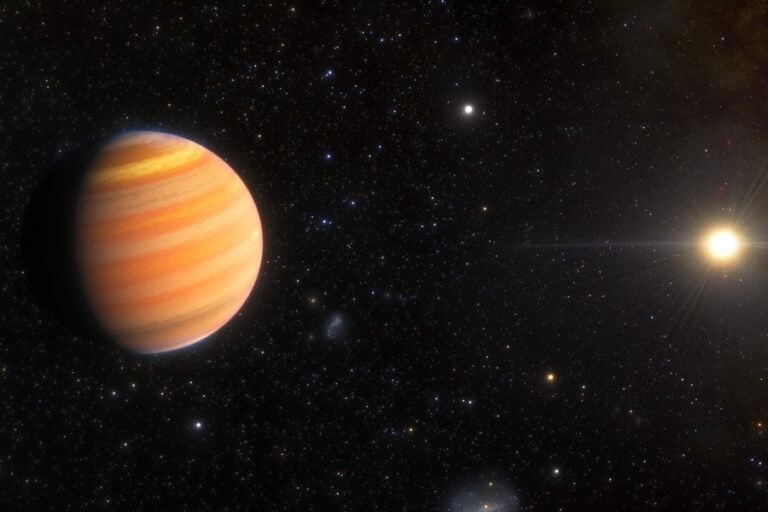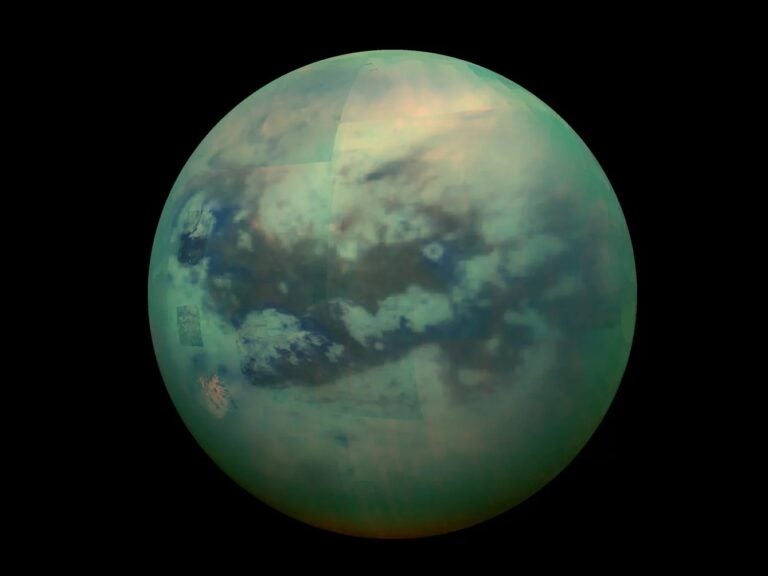From achondrite to zodiacal light, astronomy is a veritable minefield of how-do-you-say-it words. We trip over the simple two-letter name of Jupiter’s moon Io (pronounced EYE-oh or occasionally EE-oh) and fall flat on our faces as we struggle with a mile-long star name like Zubenelgenubi (zoo-BEN-el-je-NEW-bee). Is the plural of nebula NEB-yoo-lee, NEB-yoo-lie, or NEB-yoo-lay? Is M13 a GLOBE-yoo-ler cluster or a GLOB-yoo-ler cluster? Speaking proper “Astronomese” is akin to struggling with a new language, and with good reason. It is a foreign language!
The phrase “It’s Greek to me” aptly describes the lexicon of astronomy. The very word astronomy is derived from the Greek words astron (star) and nomia (law). Tell a friend that you plan to go outside with your telescope — tele (far) and skopein (to look or see) — and you’re speaking Greek. The names of a handful of 1st-magnitude stars, including Procyon, Arcturus, and Antares, date back to ancient Greece. Moreover, most naked-eye stars are designated with letters from the Greek alphabet. The practice began in 1603 when German astronomer Johann Bayer labeled the primary stars in each constellation according to their brightness, from Alpha (α) through Omega (ω). Instead of the ABCs of astronomy, we have the Alpha Beta Gammas!
Speak Latin? We do each time we utter the name of a solar system planet, plus numerous moons and asteroids, which are all named after Roman deities. The constellations bear Latinized names — in each case, two versions. We need the primary, or nominative, name (Cygnus or Lyra) as well as the genitive, or possessive, name for identifying individual stars within a constellation (Beta [β] Cygni or Zeta [ζ] Lyrae, for example). Bright stars identified by Latin names include Regulus, Capella, and Spica.
and I say, eyether,
You say neether
and I say nyther,
Eether, eyether,
neether, nyther,
Let’s call the whole thing off!
(lyrics by George and Ira Gershwin)
What if we run out of Greek, Latin, and Arabic names? Not a problem! Astronomers dropped the names of Norse deities on a number of Saturn’s recently discovered moons. Can you say Thrymr, Ymir, and Mundilfari? The spate of trans-Neptunian objects currently coming to light gives us more opportunity to test our pronunciation skills. Try your luck with Quoaor (early Native American) or Makemake (Polynesian). To speak Astronomese fluently, we need to be multilingual!
Is there a Rosetta Stone that can guide you down the path to flawless Astronomese? Not really, but you can always refer to websites that offer phonetic and/or audio pronunciations. To get the constellations down, you can find Senior Editor Michael E. Bakich’s guide at www.Astronomy.com/intro under “Get to know the night sky.”
The site Space.com is a good place to visit next. Log on to http://tinyurl.com/space-pronunciation for phonetic breakdowns of proper names (planets and moons, stars, meteor showers, and asteroids). You can find a similar selection, augmented by audio clips, on the Starry Night website (www.starrynighteducation.com/resources_pronunciation.html).
What about astronomy terms like albedo, catadioptric, or syzygy? You can’t go wrong with either www.howjsay.com or www.dictionary.com. Each is a veritable “kitchen sink” of definitions and pronunciations, covering practically every word from a to zyzzyva (a tropical weevil). These are fun sites to play with. For example, I learned how to correctly pronounce the name of the bone-headed dinosaur Pachycephalosaurus (pak-ih-SEF-uh-lo-SOR-us) — a word that rolls off the average 5th-grade dino enthusiast’s tongue.
Lastly, don’t despair if words like Pleiades or Aquila give you headaches. Even among the experts, there is disagreement on correct astro-speak. As a result, many astronomy-related words have more than one acceptable pronunciation. NEB-yoo-lee and NEB-yoo-lie are both acceptable, as are GLOBE-yoo-ler and GLOB-yoo-ler. The Greek letter Eta (η) can be AY-tah, EE-tah, or even ET-ah! “You say eetah, and I say aytah / You say zeetah, and I say zaytah / Eetah, aytah, zeetah, zaytah / Let’s call the whole thing off!” Catchy lyrics, don’t you think?
Now if you’ll excuse me, it’s time to take my telescope outside for a peek at Uranus. That’s YUR-uh-nus!
Questions, comments, or suggestions? Email me at gchaple@hotmail.com. Next month: astronomy for people with disabilities. Clear skies!



